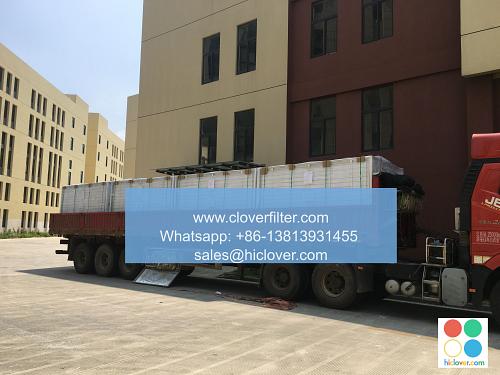Air Filters and Allergies: Can They Really Make a Difference?

As the world grapples with the escalating allergy epidemic, sufferers are desperately seeking effective solutions to alleviate their symptoms. One oft-touted remedy is the use of air filters, which promise to remove allergens and irritants from the air, providing relief to those plagued by respiratory issues. But do air purification systems really live up to their claims? In this article, we’ll delve into the world of air filtration and explore its potential to mitigate allergic reactions.
Understanding Allergies and Air Quality
Allergies occur when the body’s immune system overreacts to harmless substances like pollen, dust mites, mold spores, and pet dander. These allergens can become airborne, exacerbating respiratory issues like asthma, hay fever, and conjunctivitis. Poor indoor air quality can further compound the problem, as allergens can accumulate in enclosed spaces, making it difficult for sufferers to find relief.
How Air Filters Work
Air filters are designed to capture allergens and particulate matter from the air, improving indoor air quality. There are several types of air filtration systems, including:
* HEPA (High Efficiency Particulate Air) filters: These filters can capture 99.97% of particles as small as 0.3 microns, including pollen, dust mites, and mold spores.
* Activated carbon filters: These filters are effective against gases and odors, but may not capture particulate matter.
* UV (Ultraviolet) light filters: These filters use UV light to kill bacteria and viruses, but may not be effective against allergens.
Application Areas for Air Filters
Air filters can be applied in various settings to alleviate allergic reactions, including:
* Home air purification systems: These systems can be installed in ductwork or used as portable units to improve indoor air quality.
* Vehicle air filters: These filters can be used in cars, trucks, and public transportation to reduce allergen exposure on-the-go.
* Commercial air filtration systems: These systems can be used in offices, schools, and hospitals to improve indoor air quality and reduce allergen exposure.
Do Air Filters Really Make a Difference?
While air filters can be an effective tool in reducing allergen exposure, their efficacy depends on various factors, including:
* Filter type and quality: Not all air filters are created equal. Look for filters with high HEPA ratings or activated carbon filters specifically designed to capture allergens.
* Filter maintenance: Regularly cleaning or replacing air filters is crucial to ensure optimal performance.
* Room size and layout: Air filters may not be effective in large or complex spaces with multiple air exchanges.
In conclusion, air filters can be a valuable addition to an allergy management plan, but it’s essential to understand their limitations and use them in conjunction with other allergy relief strategies, such as medication, immunotherapy, and avoidance techniques. By combining these approaches, individuals can create a comprehensive plan to mitigate allergic reactions and breathe easier. It seems like you forgot to include the actual prompt. Could you please provide more details or specify what you would like to talk about or ask? I’m here to help with any questions or topics you have in mind.

